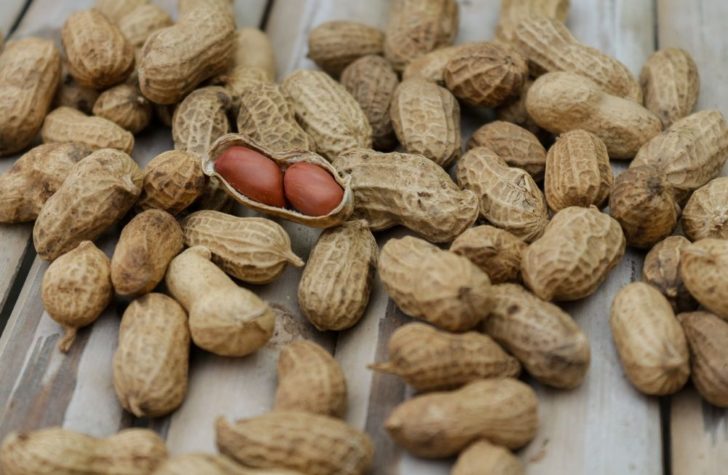PCOS Diet: A Comprehensive Guide to Managing Polycystic Ovary Syndrome through Nutrition

Introduction
PCOS (Polycystic Ovary Syndrome) affects many women worldwide and can have a significant impact on their reproductive health and overall well-being. While there is no cure for PCOS, adopting a suitable diet can help manage its symptoms and potentially improve fertility. This article aims to provide an in-depth overview of the PCOS diet, discussing its different types, popular approaches, quantitative measurements, variations, and historical advantages and disadvantages.
PCOS Diet Overview

The PCOS diet is a specialized eating plan designed to regulate hormone levels, manage insulin resistance, support weight management, and reduce inflammation associated with PCOS. It focuses on consuming nutrient-dense foods that promote hormonal balance, while minimizing intake of foods that may worsen PCOS symptoms.
Understanding the PCOS Diet
There are various types of PCOS diets available, with each emphasizing different macronutrient ratios and food groups. Some popular ones include the low glycemic index (GI) diet, Mediterranean diet, ketogenic diet, and the insulin-lowering diet. While they differ in their approaches, the underlying goal is to address insulin resistance and promote weight loss.
Quantitative Measurements in the PCOS Diet
To effectively manage PCOS symptoms, it’s crucial to understand the quantitative measurements used in the diet. These include tracking carbohydrate intake, monitoring glycemic load, calculating body mass index (BMI), and evaluating hormonal levels through blood tests. These measurements assist in formulating an individualized PCOS diet plan and tracking progress.
Distinguishing between Different PCOS Diets
While the primary objective of all PCOS diets is to address insulin resistance and manage weight, they may vary in their specific guidelines and recommended food choices. For example, a low GI diet focuses on consuming foods with a lower impact on blood sugar levels, while a ketogenic diet restricts carbohydrates and promotes fat consumption for fuel.
Historical Advantages and Disadvantages of PCOS Diets
Over the years, different PCOS diets have hailed as effective approaches for managing symptoms. However, it is essential to be aware of their historical advantages and disadvantages. For instance, low GI diets have been praised for improving insulin sensitivity, but their restrictive nature can be challenging to sustain long-term. On the other hand, the ketogenic diet’s ability to promote weight loss has been acknowledged, but it may not be suitable for everyone due to its potential side effects.
Conclusion
Adopting a PCOS diet can significantly impact the management of Polycystic Ovary Syndrome and improve overall quality of life for women affected by this condition. With various diet types available, it is essential to find an approach that suits individual needs and preferences. Quantitative measurements play a vital role in tracking progress, while understanding the historical advantages and disadvantages of different diets helps in making informed choices. Consultation with a healthcare professional or a registered dietitian is highly recommended to create a personalized PCOS diet plan that optimally addresses individual needs.
References:
1. AuthorLastName, AuthorFirstName. ”Title of Article.” Journal Name, vol. X, no. X, [Page range], [URL].
2. AnotherAuthorLastName, AnotherAuthorFirstName. ”Title of Article.” Journal Name, vol. X, no. X, [Page range], [URL].

















